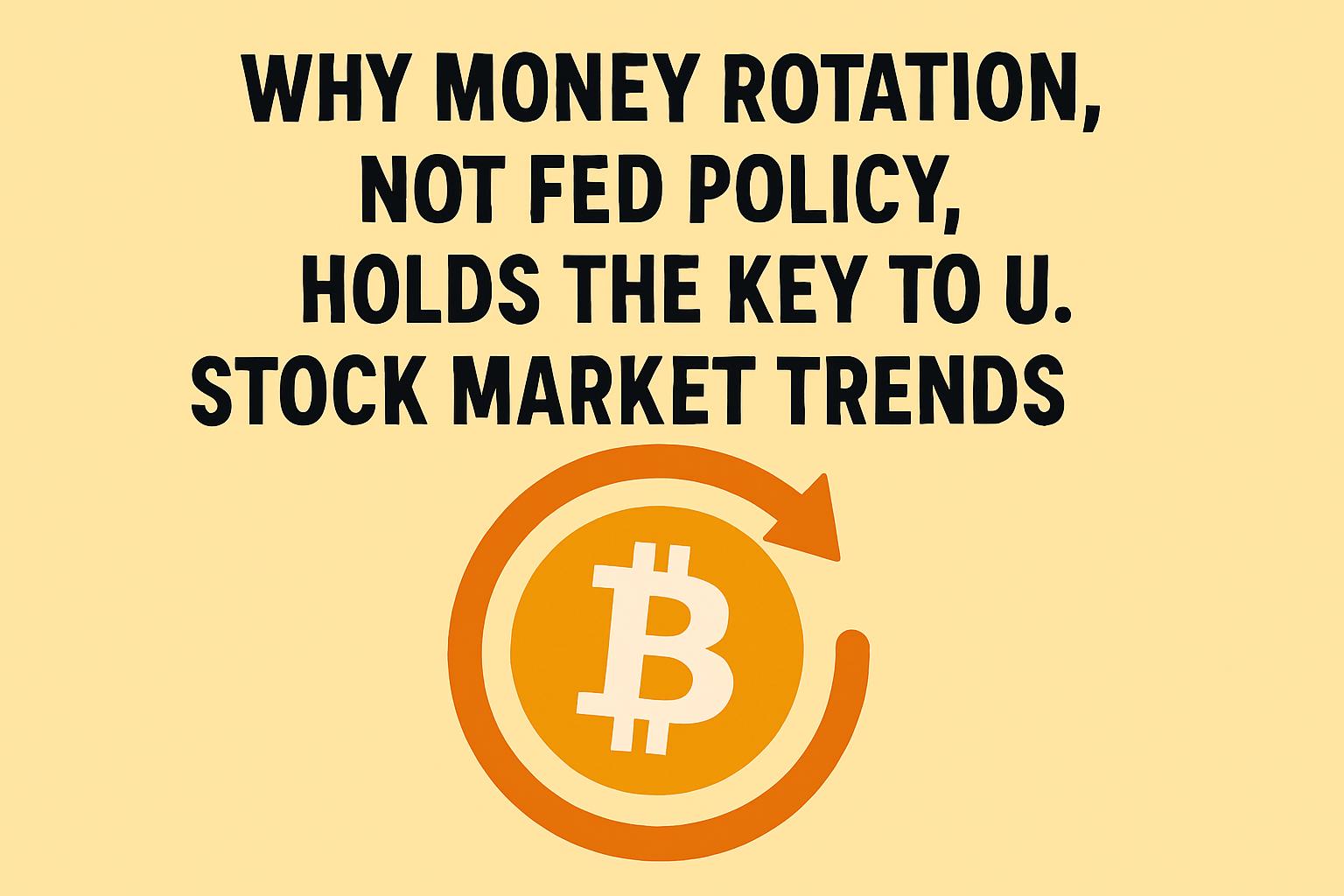The interplay between Federal Reserve policies and stock market trends often captures the attention of investors. However, JPMorgan’s derivatives expert Ilan Benhamou suggests that the real game-changer lies elsewhere: the rotation of capital between technology and value stocks. This shift is poised to redefine market dynamics.
Minimal Impact from Fed Policy
Benhamou challenges the conventional wisdom that revolves around the central bank’s decisions. As cited by Bloomberg, he states that the U.S. stock market has demonstrated resilience even amid Fed rate hikes. A potential interest rate cut in September would likely cause only minor fluctuations, maintaining the overarching upward trend. Last week’s remarks by Fed Chair Jerome Powell echoed these sentiments. While acknowledging positive inflation developments, he emphasized a data-dependent approach, leaving room for possible rate changes.
The Real Shift: Tech to Value Stocks
Benhamou points out that the noteworthy trend is capital moving from large-cap tech stocks to value stocks. This movement benefits economically sensitive sectors. Consequently, ETFs like the Nasdaq 100-tracking QQQ might underperform compared to the Russell 2000’s IWM, which includes a broader range of small-to-mid-cap U.S. stocks. In Benhamou’s words, it’s not that QQQ is underperforming; it’s that IWM has greater potential in the current climate.
AI Stocks and Economic Signals
Recently, the enthusiasm around AI stocks has cooled, leading to a pullback that has slightly tempered the S&P 500 index. This trend reflects investors’ profit-taking and a strategic pivot toward less risky stocks. The upcoming fiscal report from NVIDIA serves as a critical gauge for the AI sector’s heat. While the projected sales meet Wall Street’s expectations, they fall short of more optimistic forecasts, raising questions about the sustainability of AI investment growth.
Value Stocks: The Market’s New Frontier
In Benhamou’s view, the shift from tech to value is not about a change in market direction but a transition in leadership. Value stocks appear ready to take the baton, propelling the market forward while potentially offering more stable returns. This evolving narrative underscores the importance of adapting investment strategies in light of capital flows across different sectors.

![[News] Bitcoin at a Turning Point? 10x Research Signals a Bullish Macro Shift Ahead](https://cryptoexplores.com/wp-content/uploads/2025/06/new20250616.jpg)
![[News] Binance Lists $HOME, the Gas-Free, Bridge-Free All-in-One DeFi App](https://cryptoexplores.com/wp-content/uploads/2025/06/news20250617.jpg)